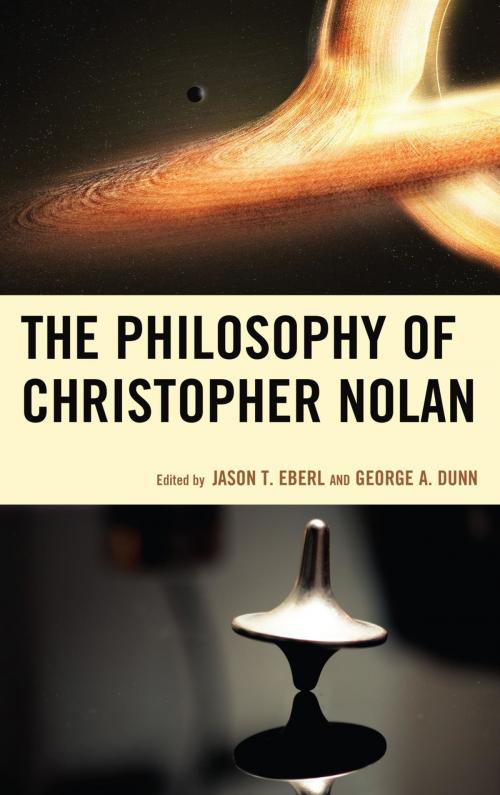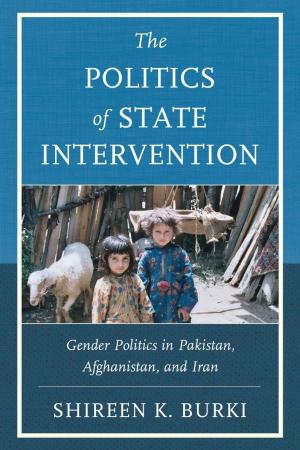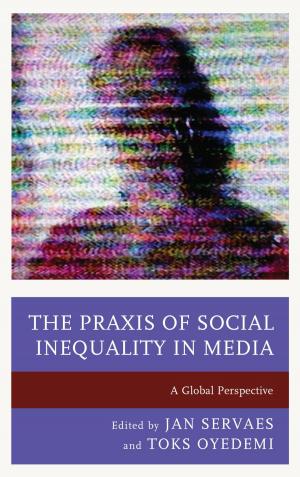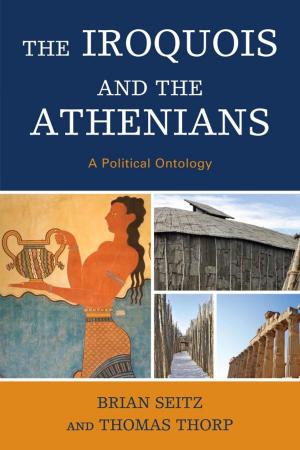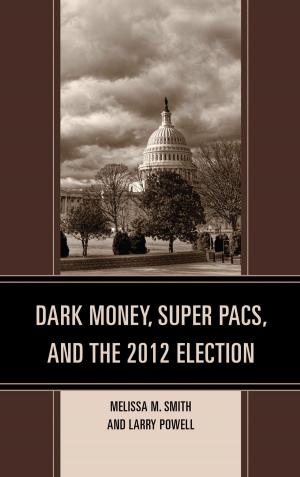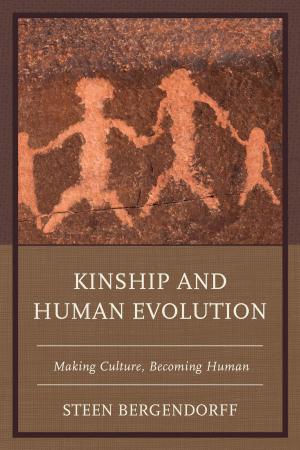The Philosophy of Christopher Nolan
Nonfiction, Social & Cultural Studies, Social Science, Cultural Studies, Popular Culture, Religion & Spirituality, Philosophy| Author: | Jason T. Eberl, George A. Dunn, George A. Dunn, Jason T. Eberl, J. L. A. Garcia, Lance Belluomini, Joseph J. Foy, Timothy M. Dale, Kevin S. Decker, Jason Burke Murphy, Deborah Knight, George McKnight, Dennis Knepp, Karen D. Hoffman, Jamie Carlin Watson, William A. Lindenmuth | ISBN: | 9781498513531 |
| Publisher: | Lexington Books | Publication: | June 20, 2017 |
| Imprint: | Lexington Books | Language: | English |
| Author: | Jason T. Eberl, George A. Dunn, George A. Dunn, Jason T. Eberl, J. L. A. Garcia, Lance Belluomini, Joseph J. Foy, Timothy M. Dale, Kevin S. Decker, Jason Burke Murphy, Deborah Knight, George McKnight, Dennis Knepp, Karen D. Hoffman, Jamie Carlin Watson, William A. Lindenmuth |
| ISBN: | 9781498513531 |
| Publisher: | Lexington Books |
| Publication: | June 20, 2017 |
| Imprint: | Lexington Books |
| Language: | English |
As a director, writer, and producer, Christopher Nolan has substantially impacted contemporary cinema through avant garde films, such as Following and Memento, and his contribution to wider pop culture with his Dark Knight trilogy. His latest film, Interstellar, delivered the same visual qualities and complex, thought-provoking plotlines his audience anticipates. The Philosophy of Christopher Nolan collects sixteen essays, written by professional philosophers and film theorists, discussing themes such as self-identity and self-destruction, moral choice and moral doubt, the nature of truth and its value, whether we can trust our perceptions of what’s “real,” the political psychology of heroes and villains, and what it means to be a “viewer” of Nolan’s films. Whether his protagonists are squashing themselves like a bug, struggling to create an identity and moral purpose for themselves, suffering from their own duplicitous plots, donning a mask that both strikes fear and reveals their true nature, or having to weigh the lives of those they love against the greater good, there are no simple solutions to the questions Nolan’s films provoke; exploring these questions yields its own reward.
As a director, writer, and producer, Christopher Nolan has substantially impacted contemporary cinema through avant garde films, such as Following and Memento, and his contribution to wider pop culture with his Dark Knight trilogy. His latest film, Interstellar, delivered the same visual qualities and complex, thought-provoking plotlines his audience anticipates. The Philosophy of Christopher Nolan collects sixteen essays, written by professional philosophers and film theorists, discussing themes such as self-identity and self-destruction, moral choice and moral doubt, the nature of truth and its value, whether we can trust our perceptions of what’s “real,” the political psychology of heroes and villains, and what it means to be a “viewer” of Nolan’s films. Whether his protagonists are squashing themselves like a bug, struggling to create an identity and moral purpose for themselves, suffering from their own duplicitous plots, donning a mask that both strikes fear and reveals their true nature, or having to weigh the lives of those they love against the greater good, there are no simple solutions to the questions Nolan’s films provoke; exploring these questions yields its own reward.
